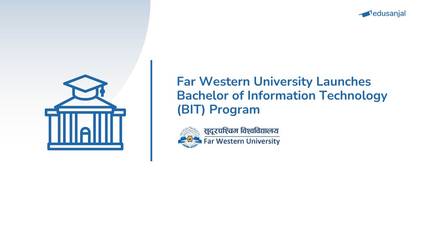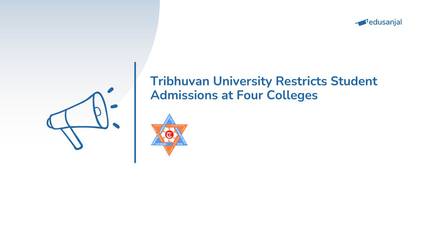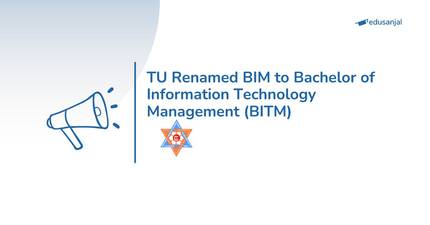In a recent development, student organizations have raised concerns over the rampant commercialization, privatization, and corruption plaguing educational institutions in Nepal. In their efforts to enhance the quality of education, student organizations have demonstrated their commitment to refrain from imposing lockouts on academic institutions.
A delegation of student organization leaders, including Dujang Sherpa, President of Nepal Student Union, Pancha Singh, ANNISU(R), Sudesh Parajuli, President of ANNISU, Prakash Shahi, President of ANNISU(R), Ramesh Yadav, President of Socialist Student Union, Nepal, and Devendra Kunwar, President of Akhil (Sixth), met with Education Minister Ashok Kumar Rai. During the meeting, they presented a comprehensive list of demands, highlighting the urgent need for reforms in the education system.

Recognizing the deep disappointment and dissatisfaction among the general public, it is imperative to undertake comprehensive reforms in the education system to ensure global competitiveness and guarantee the right to quality and employment-oriented education enshrined in the Nepalese constitution.
This has led to a shift in focus towards profit-making rather than providing quality education and practical employment opportunities. Consequently, the country is witnessing a growing brain drain phenomenon.
To address these pressing issues, student organizations have put forth a series of demands aimed at fostering positive change:
- Immediate rollback of the fee hikes imposed by the Council for Technical Education and Vocational Training (CTEVT).
- Urgent appointments of officials in universities, the Service Commission, and research centers such as NAST to mitigate the adverse effects of prolonged vacancies.
- Establishment of a centralized portal for transparent and impartial scholarship distribution, benefiting underprivileged students from primary schools to universities. Effective monitoring and regulation by competent authorities are vital.
- Stringent monitoring and control over campuses affiliated with foreign universities in Nepal to prevent exorbitant fee collection and financial mismanagement. Making 20% scholarships mandatory in foreign-affiliated educational institutions.
- Timely publication of examination results, starting with Tribhuvan University. Decentralization of the Examination Control Office and setting up university offices at the provincial level to streamline the certification process.
- Swift enactment of the long-awaited Federal Education Act.
- Responding to the ongoing hunger strike by MBBS and BDS students, providing them with the option to either take the examination or receive a refund of their fees. Urgent action is necessary.
- Creation of disturbance-free and knowledge-oriented environments within educational institutions to foster intellectual growth. Student organizations stand committed to supporting this cause, and cooperation from the government and relevant authorities is vital.
- Addressing the divisive nature of linguistic diversity in school education, which perpetuates discrimination and inequality. Similarly, promoting uniformity in methods and approaches within university education, considering economic factors across subjects and departments.
- Incorporating biographies of nationally recognized figures who have made remarkable contributions in arts, culture, health sciences, technology, and innovation into the curriculum. Prioritizing moral education, data science, environmental science, agriculture, food security, human rights, and fundamental legal education.
- Introducing a one-year internship in agricultural education for undergraduate and postgraduate students, given the sector's significance to the national economy. Additionally, implementing mandatory 3 to 6-month internships for students in technical and non-technical subjects.
- Ensuring the publicization and preservation of university assets.
- Conducting inspections and setting academic and physical quality standards for public, private, and community-based educational institutions affiliated with universities. Implementing measures to enhance the quality of education.
- Swiftly refunding increased fees charged by Pokhara University and other institutions while combatting mafia and brokerage practices to create a corruption-free educational environment.
- Enacting legal provisions mandating the enrollment of government service recipients' children in nearby government educational institutions. Prioritizing the improvement of public educational institutions through government initiatives.
- Implementing effective policies for trilingual education.
- Collaborating with the Nepal Government, the Ministry of Education, Science, and Technology, and the University Grants Commission to expedite the implementation of the skilled workforce development program under the Institute of Engineering.
- Ensuring strict adherence to regulations in the undergraduate-level examinations conducted by the Medical Education Commission. Monitoring institutions closely to prevent students from private educational institutions using fake certificates obtained from government schools to claim scholarships and preserving meritocracy.












